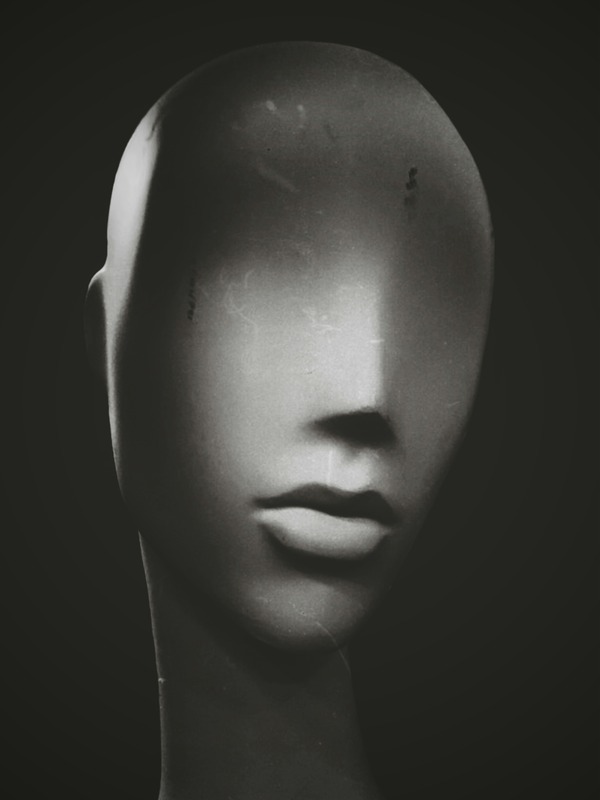
In a world dominated by algorithms, political polarisation, climate crises, and a frenzied chase for personal success, it’s no wonder we find ourselves pausing more frequently, asking questions that feel as old as time itself: Who are we as human beings? What does it mean to live, to feel, to exist in this chaotic, ever-shifting world?
The short answer? A work in progress.
The longer one? Let’s talk about it.
The answers are elusive. They always have been. But perhaps what has changed is the urgency with which we now seek them. While science offers us glimpses into our biology, and philosophy attempts to trace the contours of our moral and metaphysical existence, neither discipline alone can encapsulate the full complexity of what it means to be human. To even begin to understand ourselves, we must look at the human condition not as a static identity but as a constantly evolving journey—one marked by contradictions, questions, and moments of startling clarity.
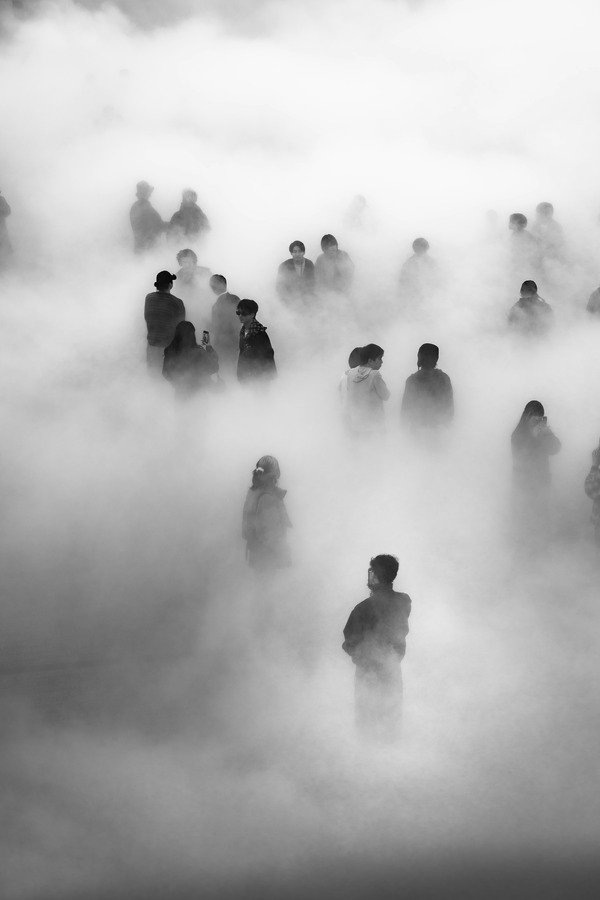
Let us begin with the obvious, we are mammals. Creatures of blood, bone, instinct and breath. We evolved from ancestors who hunted, survived and reproduced in harsh, unforgiving environments. Many of our impulses—fight or flight, tribalism, the pursuit of safety and pleasure—are hardwired into us. We may wrap ourselves in civilisation, but beneath the surface, we remain tethered to the animal kingdom.
A spark lit within us, the capacity for self-awareness. We didn’t just act, we started to reflect. We began asking not just how to survive, but why we exist at all. This capacity for introspection, for turning the gaze inward, is perhaps our most defining feature.
Where other animals live within the bounds of instinct, we defy them. We write poetry, we build monuments, we study the stars. We imagine lives we’ve never lived. We carry grief for people we’ve never met. We don’t just exist, we search for meaning in the act of existing.
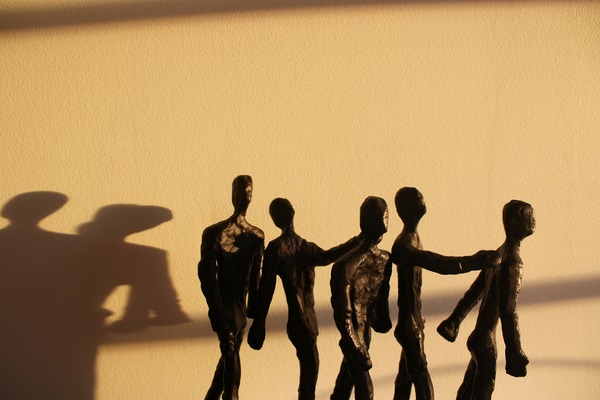
To be human is to live in the space between dreaming and doubting. We imagine utopias, and yet often find ourselves in despair. We crave connection, but build walls of fear and misunderstanding. We long for justice, yet struggle to agree on what that looks like. We are capable of extraordinary acts of love and unspeakable acts of cruelty. This tension is not a flaw of our species, it is a mirror of our complexity.
Philosophers have spent centuries wrestling with the questions that still haunt us, Who are we? Why are we here? What happens when we die? Some answer with faith, others with reason, and many with uncertainty. But all share the same impulse, to make sense of our place in the vast machinery of the universe.
Deeply. Viscerally. Empathy is among the most remarkable facets of being human. We cry during films, grieve for strangers, and risk ourselves for others. While cruelty litters the pages of our history books, so too does compassion. We rescue, we nurture, we organise revolutions not for ourselves but for future generations. Our capacity to care, to reach beyond the self, is evidence of a kind of moral imagination that cannot be measured in data or neurons.
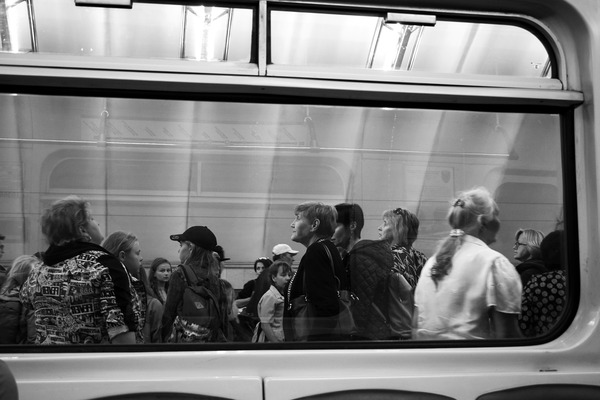
Every human being, at some point, will know loneliness, fear, longing, or loss. But in that shared suffering lies the seed of connection. It is what compels us to comfort a friend, write a song, or rebuild after tragedy. We are, at our best, a species that turns pain into purpose.
Yet for all our brilliance, we remain riddled with contradictions. We speak of peace while waging wars. We invent technologies to save lives and others to destroy them. We claim to value equality while benefiting from systems built on exploitation. These inconsistencies are not anomalies, they are part of what makes us human. We are capable of holding opposing truths at once, of striving for good while wrestling with our own shadows.
Life doesn’t come with instructions, yet we spend most of it searching for meaning. But what if there isn’t one? ~ Albert Camus.
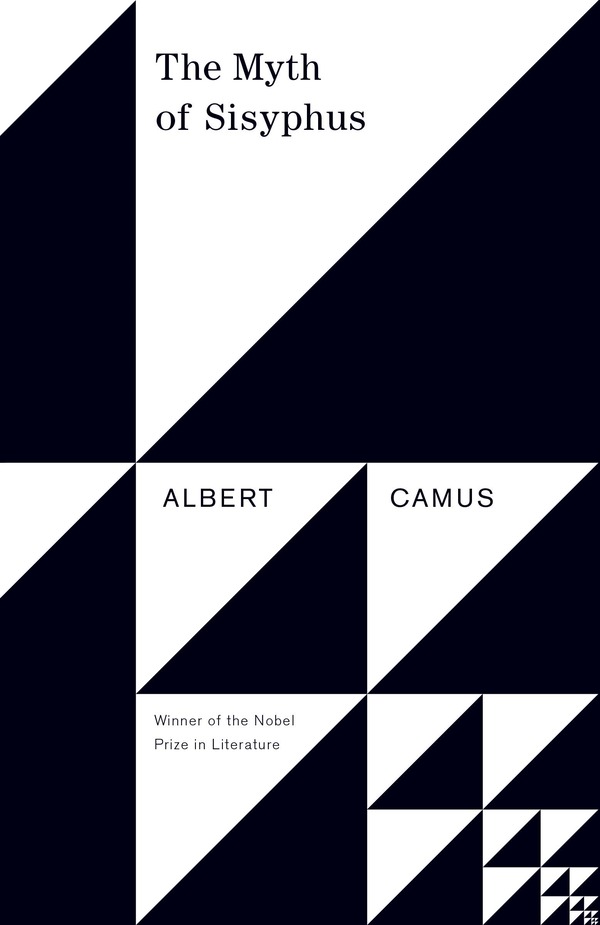
Whenever I find myself asking, “What am I doing with my life?” I think of Albert Camus’ The Myth of Sisyphus. In the book, Sisyphus is condemned to roll a boulder uphill for eternity, only for it to tumble back down again. It’s a haunting image, one that mirrors the human experience—we work, we strive, we hope—only to face disappointment, absurdity and repetition.
We question who we are, what we want, and whether we’re moving forward at all. Yet within that uncertainty lies a quiet power, the freedom to choose how we live, even without clear answers. We’re not defined by reaching the summit, but by the meaning we make in the climb. Perhaps our lives aren’t about finding fixed answers, but about learning to push the boulder with intention.
Camus argues that life is absurd, not because it’s meaningless, but because we endlessly seek answers from a universe that offers none. But what if that is the answer? What if we’re meant to shape our own instructions as we navigate these uncertain decades of our lives?
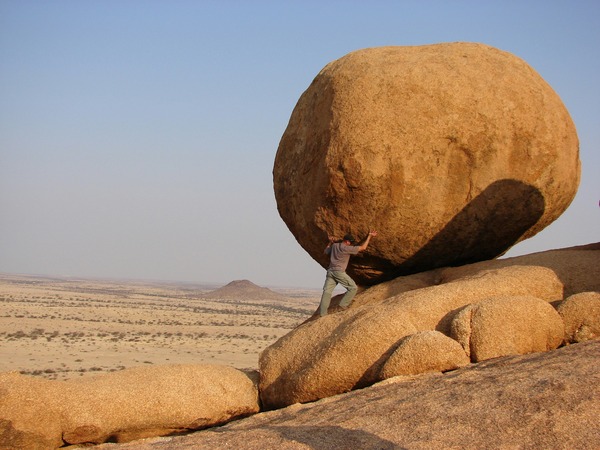
We are like ants, building with effort and care, hoping it amounts to something. Still, Camus doesn’t suggest giving up. Instead, he urges us to keep pushing, to live without illusions, and to discover joy in the struggle itself. There is meaning in embracing the lack of meaning. If you choose to live without needing everything to make sense—and still keep going—you’re already creating your own path. We are all here, stumbling toward something, and perhaps by simply choosing to live, we’re already engaging with life in the most honest way.
There is no fixed self, no final, perfected version of you waiting at the end of all this striving. You are not a project to be completed, but a process unfolding. A question in motion. A constant collapsing and rebuilding, over and over again. Perhaps the more important question is not who we are, but who we are becoming.
We are shaped by experience, scarred by failure, refined by love. We are never finished. In a world that often feels uncertain, divided, or indifferent, the act of living with intention becomes radical. To choose empathy over apathy, reflection over reaction, courage over cynicism—these are not small acts. They are declarations of what it means to be fully, defiantly human.
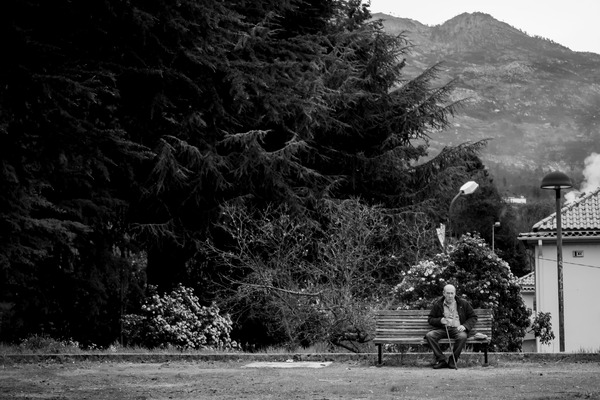
We are the ones who roll the boulder. Not because we must, but because we choose to. We may never find objective meaning, but we create meaning—in art, in kindness, in resistance, in love. We persist not because the universe demands it, but because something within us refuses to give up. We are paradoxes. Minds born of matter, dreamers bound by time. Capable of great reason and great error, of love and hate, of creation and destruction. But more importantly, we are creatures of choice.
We may never uncover absolute meaning, but we hold the power to create meaning. We can roll the boulder with intention. And in that quiet act of persistence, perhaps we inch closer to what it means to be fully human.